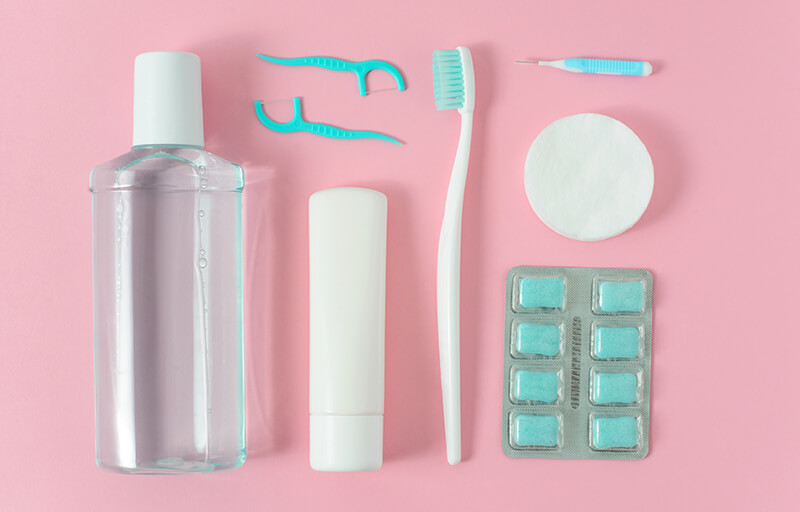Tooth decay, also called dental caries or cavities, is one of the world’s most common ailments. According to the National Institutes of Health, it’s the most prevalent chronic disease in both children and adults, resulting in countless hours lost from school and work and costing untold sums of money. Ironically, this malady is also largely preventable. If you would like to avoid the problems of tooth decay—including the need for fillings or other dental work, the cost and time required for treatment, and the potential for tooth loss—there are some concrete steps you can take to reduce your risk. But to understand how cavities get started, let’s look more closely at the decay process.
A Recipe for Trouble
Three ingredients are needed for tooth decay to occur:
- acid-producing bacteria (the harmful bacteria in plaque, the sticky coating that builds up on teeth in the absence of good oral hygiene);
- sugars or carbohydrates (the “food” they process); and,
- susceptible teeth (not all teeth are affected equally).
Cavities get started when plaque bacteria are allowed to remain on tooth surfaces. These bacteria metabolize sugars from your diet and release acids as byproducts. The acids, in turn, begin eating away at your tooth enamel—the hard outer covering of your teeth. Soon, a small hole (cavity) begins to form in the outer layers of the tooth. If left untreated, the decay can continue eating away at the tooth structure, and the bacteria can reach deeper inside the tooth. This can eventually make it necessary for you to have root canal treatment—or even to have the tooth extracted (removed). But you don’t have to let it go that far!
An Ounce of Prevention
Is it possible to stop tooth decay in its tracks, and even reverse some of the damage it does? Yes—but it takes a little effort and some common-sense precautions. Here’s how to get started.
- Practice top-notch oral hygiene
Most of us brush our teeth regularly, but many don’t floss every day. Yet both brushing and flossing are essential to maintain good oral health. We may not be able to completely eliminate plaque bacteria—but we can control them by flossing and brushing. Getting regular dental checkups and professional cleanings is also a big contributor to good oral health—so don’t skip the routine office visit. - Improve your diet for better dental health
Decay-causing bacteria need sugar to thrive; take it away, and they start going away too. You can improve your diet by avoiding sugary and acidic foods and beverages—like candy and sweet snacks, soda, “sports” and “energy” drinks, acidic juices, and processed foods with added sugar or corn syrup. Be sure to stay hydrated too: Your body needs plenty of water to keep up a healthy flow of saliva, which can help neutralize acids and protect against tooth decay. - Watch for things that increase your risk of cavities
This is a broad category, but it’s important to understand the factors that can increase your chance of developing tooth decay. For example, certain medications may cause dry mouth, which makes you more susceptible to cavities. Tobacco and alcohol use have the same effect. Certain medical conditions, such as eating disorders or gastroesophageal reflux disease (GERD), can cause your teeth to be bathed in acid, resulting in enamel loss. Likewise, not getting enough fluoride (in drinking water or toothpaste) increases the likelihood of cavities.
Professional Treatments for Fighting Cavities
If you’re at increased risk for cavities because of one or more factors noted above, there are some professional treatments that can help. Fluoride treatments given in the dental office are a safe and effective way to restore the tooth’s enamel. They can help stop cavities from forming, and even reverse the earliest stages of decay. Dental sealants—thin plastic coatings applied to the chewing surfaces of teeth—can prevent decay bacteria from taking hold in hard-to-clean crevices. In some situations, fluoride mouthrinses and acid-neutralizing agents may be prescribed as well.
Tooth decay may be a common ailment—but you don’t have to simply accept it. Ask your dentist what you can do to stop decay from dimming your smile.
